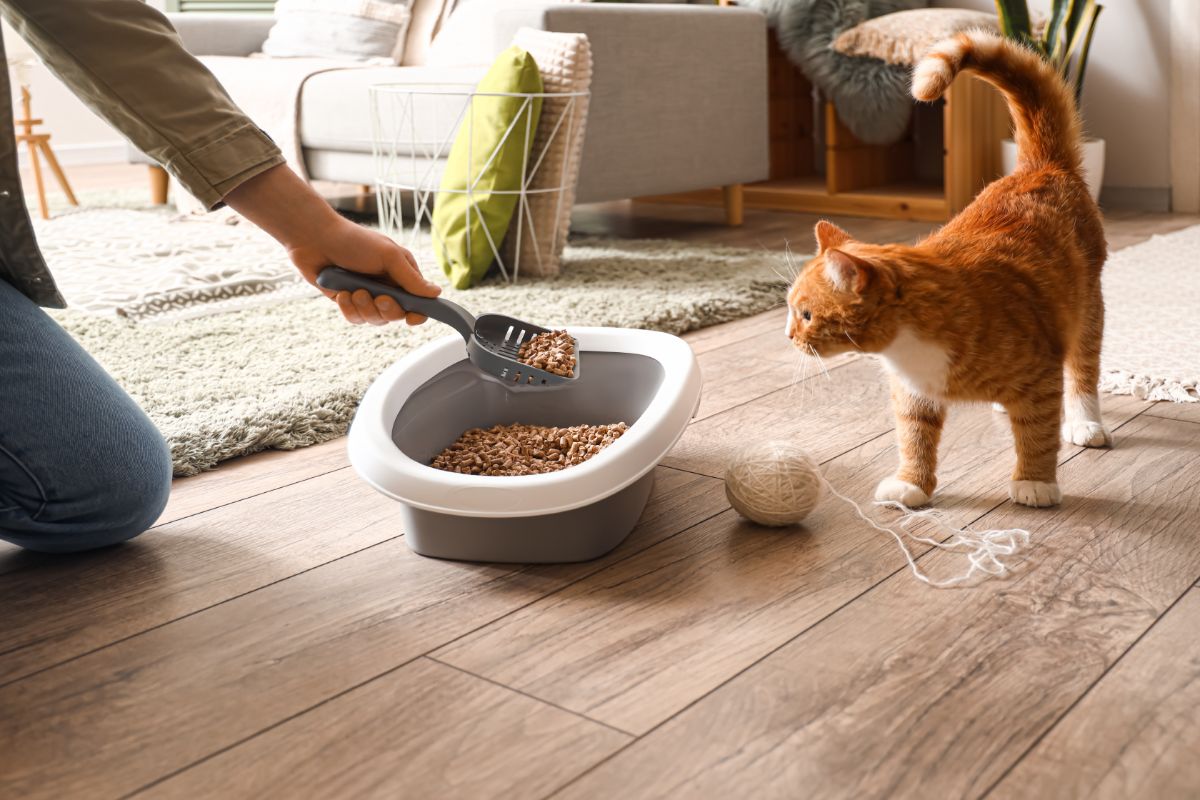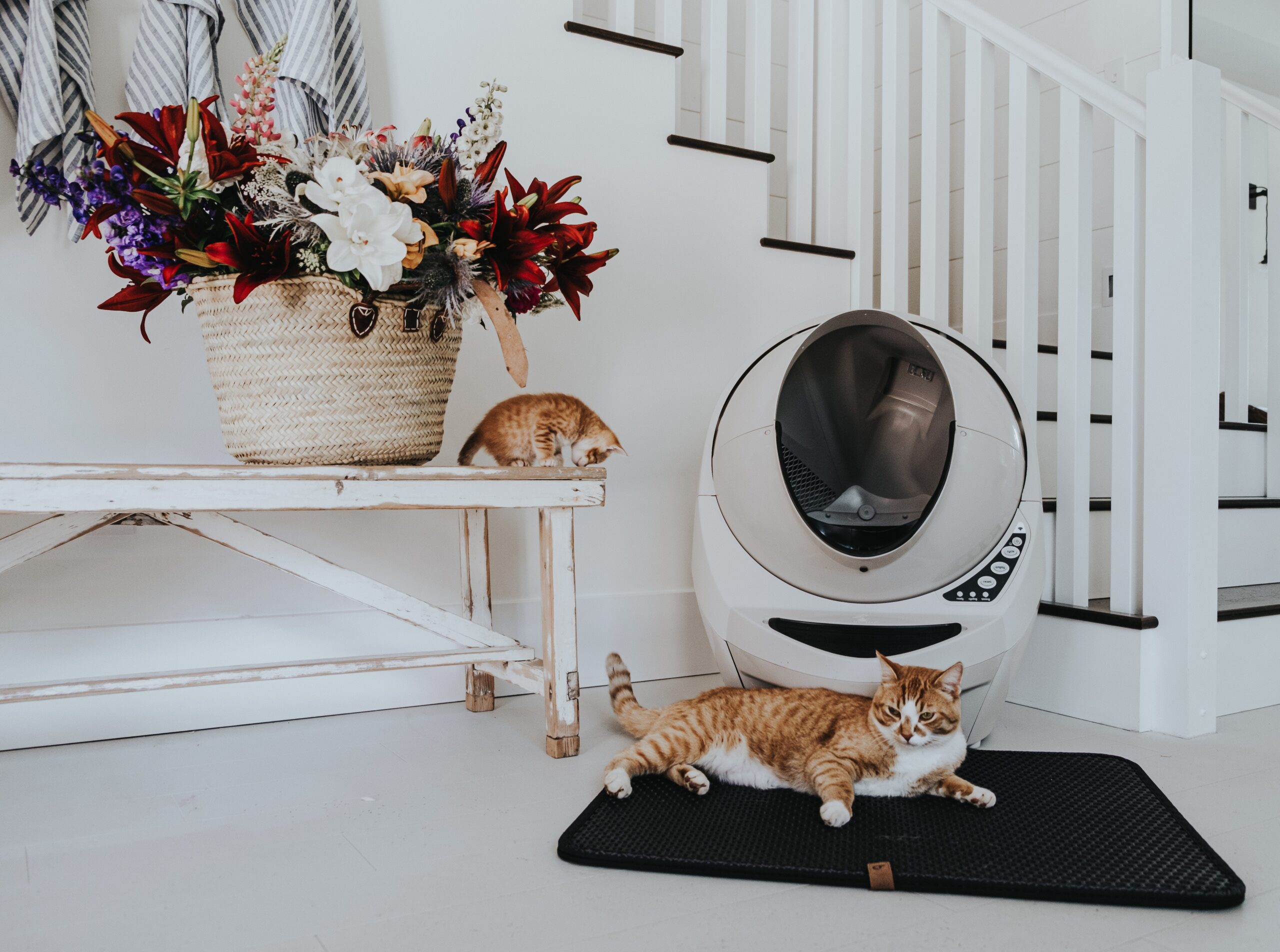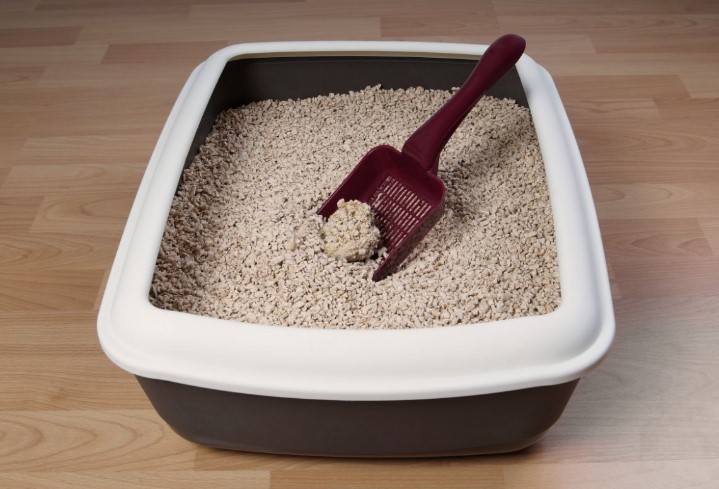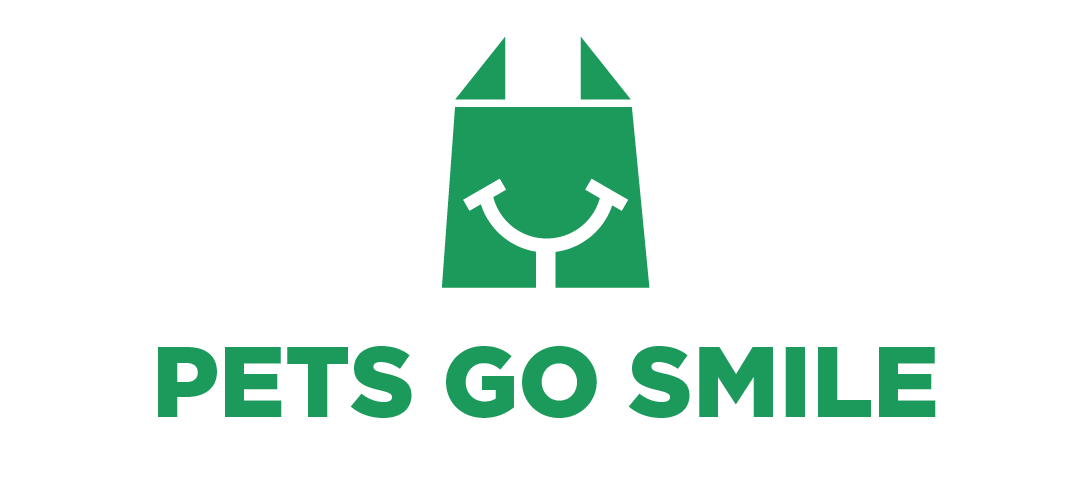As pet supply manufacturers, it’s important to provide products that cater to the needs of our furry friends.
Pet litter boxes are an essential item for any cat owner looking to keep their home clean and smelling fresh.
With a variety of shapes, sizes, materials, and features available on the market, finding the perfect fit for your feline companion is made simple by researching which used litter pan or box best suits your pet’s needs.
From traditional open-top designs to self-cleaning enclosed systems with carbon filters, today’s pet litter boxes have been designed with convenience in mind while still providing cats with an inviting place to do their business.
In this article, we will look at how vet clinics can benefit from offering a selection of quality pet litter boxes for all kinds of cats and budgets.
What is the Role of Cat Litter Boxes in Pet Clinics?
As a pet supply manufacturer, I can attest to the importance of cat litter boxes in pet clinics.
These seemingly simple devices play a crucial role in maintaining a clean and hygienic environment for both feline patients and veterinary staff.
The litter box serves as a designated area for cats to eliminate waste, allowing veterinarians to monitor the health of their feline patients more effectively.
A study highlights the significance of litter box maintenance in managing feline lower urinary tract diseases (FLUTD) in pet clinics.
In addition to monitoring feline health, litter boxes contribute to overall clinic hygiene. The cat litter box is specifically designed to absorb moisture and control odors, reducing the spread of bacteria and maintaining the cat’s waste in a sanitary environment.
This is particularly important in pet clinics, where multiple animals with varying health conditions are treated daily.
Furthermore, litter boxes provide comfort and familiarity for feline patients in a potentially stressful environment.
K and Casey conducted a study that showed a reduction in stress, which was measured using the Cat-Stress-Score (CSS).
In summary, cat litter boxes play a vital role in pet clinics by monitoring feline health, maintaining clinic hygiene, and providing comfort to feline patients.
By ensuring proper litter box maintenance and management, veterinarians can enhance the overall well-being of their feline patients and create a more efficient and effective clinical environment.
Factors to Consider in Choosing Pet Litter Boxes for Pet Clinics

Size and design considerations to accommodate different cat breeds and sizes:
When selecting pet litter boxes for pet clinics, it’s crucial to consider the size and design of litter box’s size boxes to accommodate the various cat breeds and sizes of aging cats that may visit the clinic.
Cats come in different shapes and sizes, so providing litter boxes that are too small or restrictive can lead to discomfort and reluctance to which cats prefer to use them.
Optimal litter box size should allow cats to comfortably enter, turn around, and assume their natural elimination posture.
Additionally, considering the design, such as low entry or ramp access, can facilitate easy entry for cats with mobility issues or older feline patients.
Choosing appropriate litter box materials for hygiene and durability:
Hygiene and durability are vital factors when selecting litter boxes for pet clinics. Choosing materials for traditional boxes that are non-porous and easy to clean is essential for maintaining a clean and sanitary environment.
Plastic litter boxes are commonly used due to their affordability and ease of cleaning, but it’s important to ensure they are made of high-quality, durable plastic that won’t crack or harbor bacteria.
Some clinics may also consider alternative materials such as stainless steel or antimicrobial-coated litter boxes for enhanced hygiene and longevity.
Features to promote cleanliness and odor control:
Maintaining cleanliness and odor control in pet clinics is crucial for both feline patients and the overall clinic environment.
Look for other litter box features that help with cat waste, minimize odors and keep the area clean.
This can include built-in filters or ventilation systems to control odor, high sides or covers to contain litter scatter and smooth surfaces that are easy to wipe or wash.
Additionally, consider litter boxes with integrated liners or trays that simplify the cleaning process and prevent cross-contamination between patients.
Accessibility and ease of cleaning for veterinary staff
Pet clinics handle a significant number of feline patients, and efficient litter box maintenance is essential.
Consider the accessibility and ease of cleaning for veterinary staff when choosing litter boxes.
Features like removable tops or panels, hinged doors, or sliding trays can simplify the cleaning process and save valuable time for veterinary staff.
Plus, lightweight litter boxes or those with handles can facilitate easy transport and repositioning within the clinic. Prioritizing litter boxes that are user-friendly for staff can contribute to better overall clinic hygiene and efficiency.
Types of Pet or Cat Litter Boxes Suitable for Pet Clinics

Traditional litter boxes: Pros and cons:
Traditional litter boxes are the most common and straightforward option. They consist of a basic rectangular or square shape litter tray with low sides, allowing cats to easily enter litter box enclosure and exit.
Some pros of traditional litter boxes include affordability, wide availability, and familiarity to most cats here.
They are suitable for cats who prefer open spaces and don’t mind litter scatter.
However, a few cons to consider are the potential for open litter box tracking and odor escape, as well as the lack of privacy for cats who prefer more seclusion during elimination.
Covered litter boxes: Pros and cons:
Covered litter boxes are enclosed with a hood or dome, providing cats with more privacy entry cat litter box and reducing litter scatter.
The pros of covered litter boxes include the containment of odors, reduced litter tracking, and offering a secluded space for cats. They can be particularly useful for shy or anxious cats who prefer privacy.
However, some cons to consider are the potential for odor buildup inside the enclosed space large cats if not cleaned regularly, limited ventilation, and the possibility of some larger cats perhaps feeling trapped or uncomfortable in a confined space.
Top-entry litter box: Pros and cons:
Top-entry litter boxes feature a lid or cover with an opening on top, requiring cats to enter closed litter boxes from above.
The pros of top-entry box include excellent litter containment, minimized litter tracking, and added privacy.
They are also an effective solution for households with dogs that tend to dig into litter boxes.
However, it’s important to consider the accessibility for cats, especially those with mobility issues or larger breeds that may struggle to enter. Some cats may also be reluctant to use top-entry litter boxes if they are not familiar with them.
Self-cleaning litter boxes: Pros and cons:
Self-cleaning litter boxes automate the process of removing waste, reducing the frequency of manual cleaning.
This automatic litter box includes convenience, time-saving for veterinary staff, and potentially improved odor control.
They can be particularly beneficial in busy pet clinics with a high volume of feline patients. However, it’s important to note that not all cats may feel comfortable with the mechanical sounds or motion associated with self-cleaning boxes.
Plus, automatic boxes tend to be more expensive than traditional litter boxes and require a cleaning cycle on the waste drawer to ensure proper functionality for feline friends.
By considering the pros and cons of each type of litter box, pet clinics can choose the most suitable options based on their specific requirements, the preferences of their feline patients, and the resources available for maintenance and upkeep.
Promoting the Use of Pet Litter Boxes in Pet Clinics

Educating pet owners about the benefits of litter box usage:
Pet clinics play a crucial role in educating pet owners about the importance of good litter boxes and usage for their feline companions.
By providing educational materials, such as brochures or online resources, clinics can inform pet owners about the benefits of litter boxes, including maintaining good hygiene, preventing litter scatter, and supporting the natural instincts and well-being of their cats.
Emphasizing the positive impact that a clean and appropriate litter box can have on a cat’s overall health and behavior will encourage pet owners to prioritize clean litter box usage.
Providing guidelines on proper litter box placement and maintenance:
Clear guidelines on proper litter box placement and maintenance are essential for pet owners to create a suitable environment for their cats.
Pet clinics can offer practical advice, such as recommending that multiple cats to litter boxes in multi-cat households, placing litter boxes in quiet and easily accessible areas, and avoiding high-traffic or noisy locations.
Additionally, clinics can provide instructions on proper cleaning techniques, including the frequency of litter replacement, scooping, and disinfection, to ensure a hygienic environment for both the cats and their owners.
Offering a variety of litter box options to cater to individual cat preferences:
Cats have unique preferences when it comes to litter boxes, and offering a variety of options can enhance their comfort and encourage consistent usage.
Pet clinics can stock and display a range of cat litter boxes and types, including traditional, covered, top-entry, and self-cleaning options, allowing pet owners to choose based on their cat’s specific needs and preferences.
Providing guidance on the pros and cons of each type of litter box and helping pet owners understand the behavioral cues and preferences of their cats will aid in selecting the most suitable option.
Collaborating with pet supply stores and manufacturers to ensure availability:
Pet clinics can collaborate with local pet supply stores and manufacturers to ensure the availability of high-quality and appropriate litter boxes.
This collaboration can involve sharing insights and recommendations on the standard litter box specifications and features of proprietary litter, that are beneficial for pet clinics.
By maintaining open lines of communication, clinics can establish partnerships with suppliers to ensure a consistent supply of litter boxes, providing convenience for pet owners and supporting their efforts to create a cat-friendly environment at home.
By focusing on education, proper placement and maintenance, offering options that cater to individual cat preferences, and collaborating with relevant industry stakeholders, pet clinics can effectively promote the use of litter boxes among pet owners.
This proactive approach will contribute to healthier and more senior cats, happier feline patients, improved cleanliness in the clinic, and enhanced satisfaction among pet owners.
Takeaways
Providing pet owners with the right information and resources to make informed decisions on appropriate litter box options is a critical step in promoting their use.
By educating pet owners, offering suitable choices for most litter boxes that cater to individual cat preferences, and collaborating with industry stakeholders, veterinary clinics can create an environment of cleanliness and comfort for both cats and their owners and limit litter box is sues.
As such, these proactive measures will help ensure healthier feline patients as well as greater satisfaction among pet owners. With this approach in mind, vet clinics can take strides toward fulfilling their mission of providing quality care for all animals under their charge.
Pets Go Smile – Trusted Pet Supply Manufacturer for Your Business Needs!
At Pets Go Smile, we understand the unique needs of veterinary clinics when it comes to the best litter box.
We carry a wide range of products specifically designed for vet clinics and multi-cat homes, from top-entry and self-cleaning litter boxes to more traditional litter boxes and covered options.
All our products are made with quality materials and come with an assurance of safety and hygiene that pet owners will love.
We also provide custom solutions to help meet the particular needs of your clinic and its feline patients. Reach out to us today to learn more about our pet litter box selection and how we can support your business!

